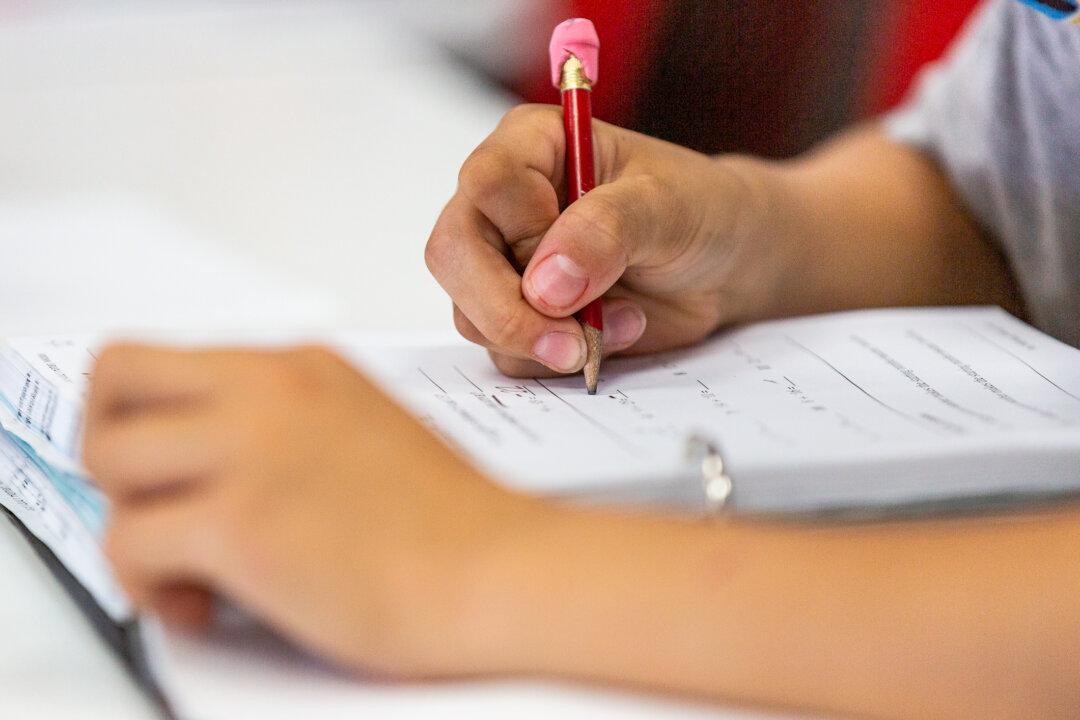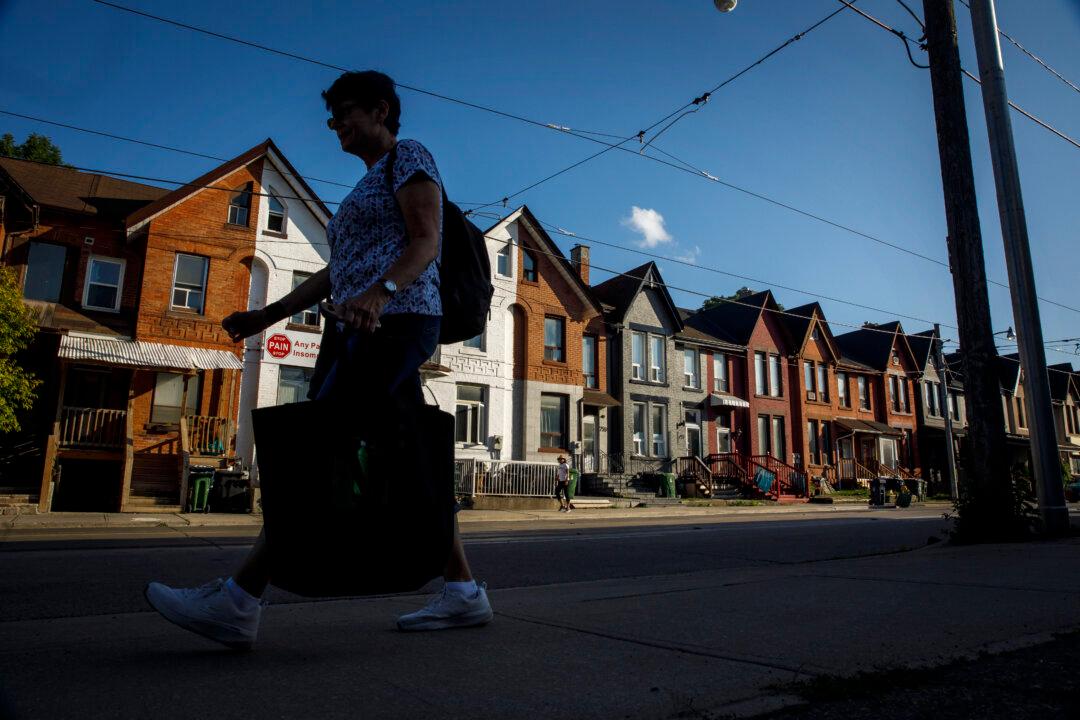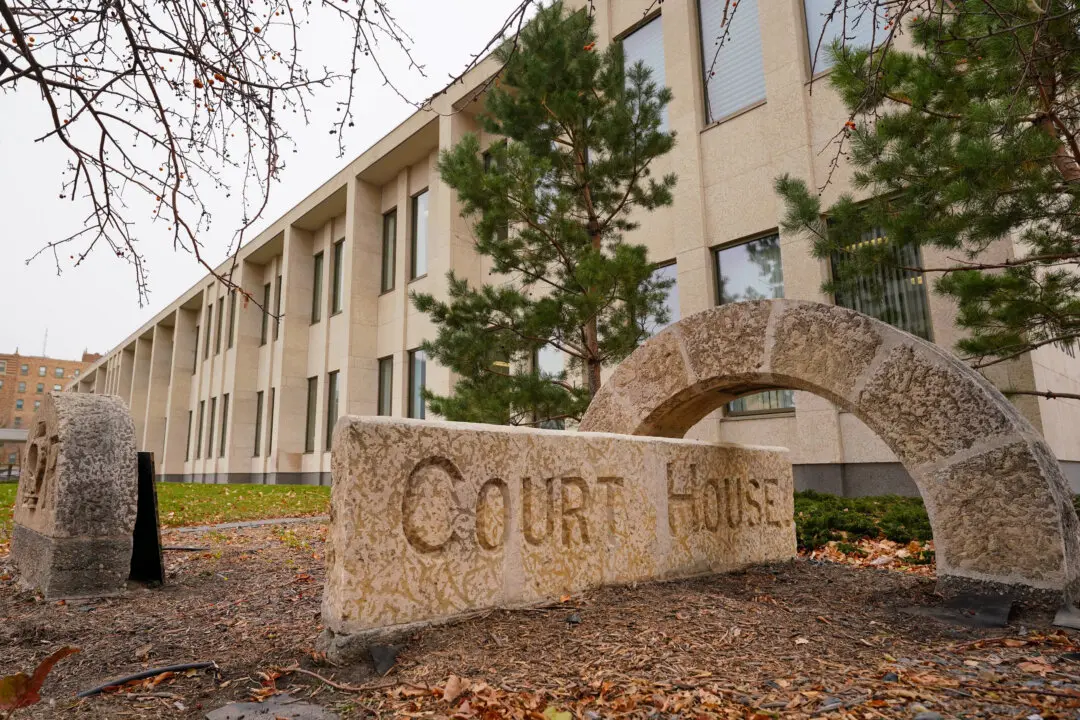Manitoba politicians and mathematicians are urging the province to restore stricter teacher certification standards, saying that new entrants will lack the necessary skills to teach math.
The call comes after the Manitoba government’s implementation of regulatory reforms aimed at addressing shortages in the education field and simplifying the certification process.





